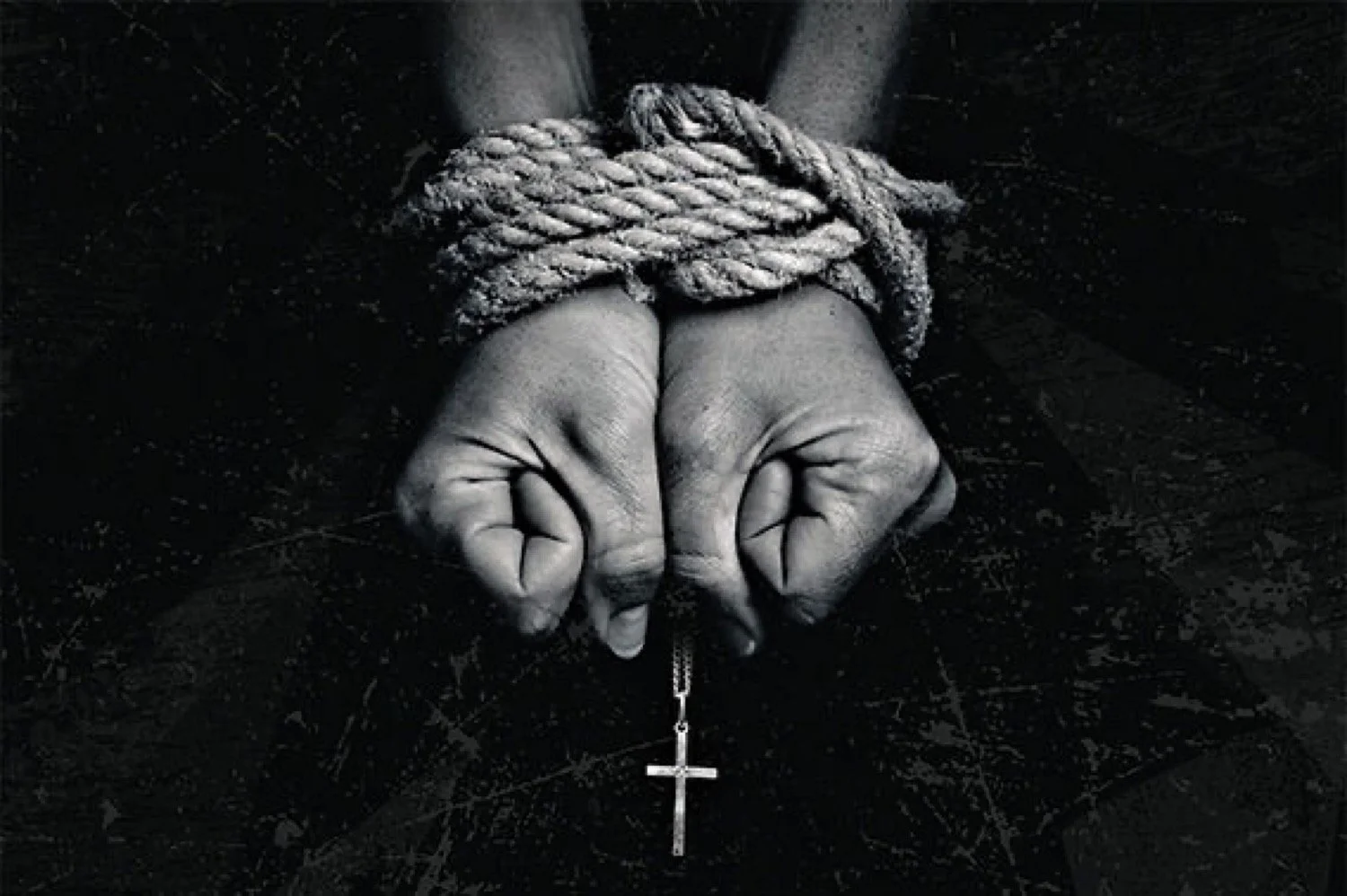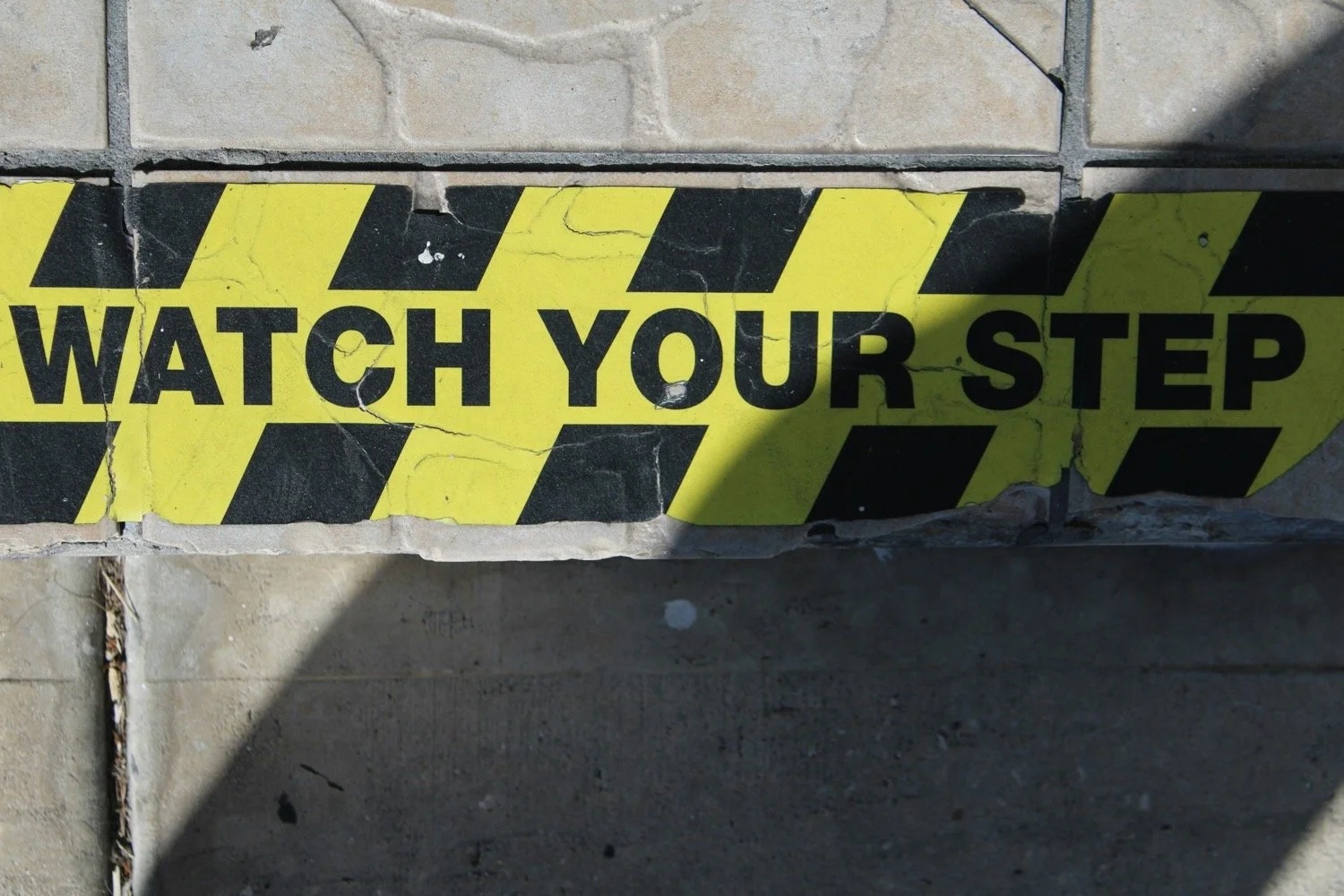Readings for today: Hosea 6-10, Psalms 123
I’m convinced there comes a time - or maybe multiple times - in a person’s life where they realize their resources are played out. All their strength and wisdom and wealth and power simply are not enough to meet the demands of the moment. I think of a friend of mine who passed away a few years ago. He was the very definition of a “self-made” man. He came from a challenging background. His family was dysfunctional and abusive on so many levels. He worked hard to build a company from the ground up. He was extremely successful and ended up selling it for millions. He traveled the world and had all kinds of “once in a lifetime” experiences. He met all kinds of amazing people along the way. And yet, he had broken relationships with both his kids. Sadly, the patterns of abuse from his family were perpetuated through him. He was a high functioning alcoholic who often verbally assaulted those around him. As he lay dying from complications from the multiple health issues derived from his hedonistic lifestyle, I had the opportunity to share Christ with him. To talk to him about how the life he had worked so hard to build had come crashing down around him and though he lived in a huge home with all the material possessions one could ever want, his resources were simply not enough to save him.
How many of us have come to the same place in our own lives? I remember getting to this place in college when the life I had so carefully constructed came down around me. The facade I projected to the world of self-confidence was really a cover for deep insecurity. All my achievements up to that point were attempts to distract people from what was really happening inside. I was a mess. As smart as I was and as strong as I was and as successful as I was, I was losing ground in a hurry. My life headed on the fast track to nowhere. That’s when I met Christ and turned to Him. In our passage today, Hosea looks forward to the day when Israel will return to the Lord. Listen to his words again from Hosea 6:1-3 CSB…
“Come, let’s return to the Lord. For he has torn us, and he will heal us; he has wounded us, and he will bind up our wounds. He will revive us after two days, and on the third day he will raise us up so we can live in his presence. Let’s strive to know the Lord. His appearance is as sure as the dawn. He will come to us like the rain, like the spring showers that water the land.”
Come, let’s return to God. Such beautiful words. They represent the very definition of “repentance.” All of us have wandered and gone astray. All of us seek our own way. All of us do what is right in our own eyes. And where does it lead us? Into cul-de-sacs of pain and heartbreak. When we place “Self” on the throne of our lives, we find our appetites insatiable. Our desires uncontrollable. Our passions unquenchable. The result is oppression. Bondage. Slavery. God wants to set us free from “Self” but the only way that happens is if we turn to Him. We must dethrone “Self” and enthrone God if we want to experience the freedom and peace and joy He promises. This is why the Father sent His only Son. To show us the way back home to Him. He didn’t want to leave us wandering in the darkness. He didn’t want to abandon us to our fates. He refused to rely on random chance or wishful thinking to reclaim His wayward children. Like a good shepherd, He pursued us and pursues us until He finds us and embraces us.
Readings for tomorrow: Hosea 11-14, Psalms 124




